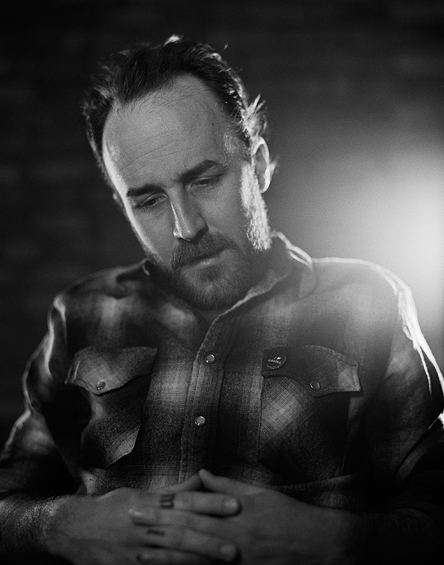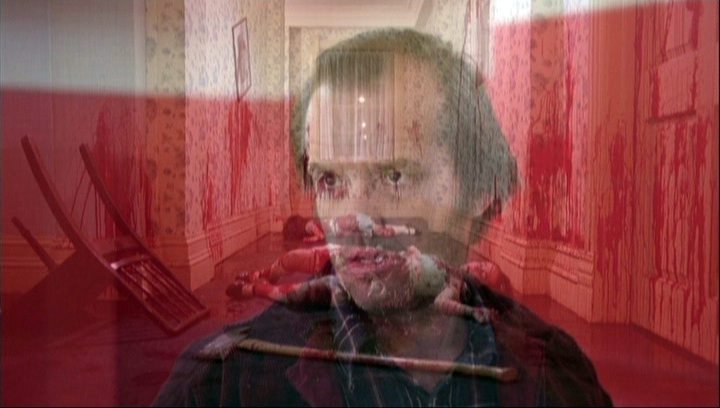THE
SOLILOQUY FILM PROJECT
Directions: Each group will be responsible for producing
a cinematic interpretation of an assigned soliloquy from Hamlet.
The rules are as follows:
- ·
It is your interpretation so how you film it is your
choice.
o Modernize
it; set it in space; have fun!
- ·
You must have a group of three.
- ·
You cannot use outside people to act or to film.
- ·
Your assigned soliloquy, selected at random, must be presented in its
entirety.
o You may not
delete words or lines!
- ·
The way in which you choose to deliver/film your
project must take into consideration what the lines are saying about Hamlet and
his emotional/mental state.
- ·
Production design—costumes, sets, lighting, etc.—must
reflect the emotional timbre of your assigned soliloquy
- ·
You may film in the building or in other locations
outside of school.
o The latter
will require some coordination outside of school.
- ·
Your film should include all of the following:
o TITLE &
What part of the play the soliloquy comes from
§ “Melting
Flesh”: Act I, Scene 2
o Fade in to
action
o Fade out to
black at end
o CREDITS –
the team members and their roles
#1
Act
I, Scene 2
O, that this too too solid flesh would melt
Thaw and resolve itself into a dew!
Or that the Everlasting had not fix'd
His canon 'gainst self-slaughter! O God! God!
How weary, stale, flat and unprofitable,
Seem to me all the uses of this world!
Fie on't! ah fie! 'tis an unweeded garden,
That grows to seed; things rank and gross in nature
Possess it merely. That it should come to this!
But two months dead: nay, not so much, not two:
So excellent a king; that was, to this,
Hyperion to a satyr; so loving to my mother
That he might not beteem the winds of heaven
Visit her face too roughly. Heaven and earth!
Must I remember? why, she would hang on him,
As if increase of appetite had grown
By what it fed on: and yet, within a month--
Let me not think on't--Frailty, thy name is woman!--
A little month, or ere those shoes were old
With which she follow'd my poor father's body,
Like Niobe, all tears:--why she, even she--
O, God! a beast, that wants discourse of reason,
Would have mourn'd longer--married with my uncle,
My father's brother, but no more like my father
Than I to Hercules: within a month:
Ere yet the salt of most unrighteous tears
Had left the flushing in her galled eyes,
She married. O, most wicked speed, to post
With such dexterity to incestuous sheets!
It is not nor it cannot come to good:
But break, my heart; for I must hold my tongue.
#2
Act II,
Scene 2
Now I am alone.
O, what a rogue and peasant slave am I!
Is it not monstrous that this player here,
But in a fiction, in a dream of passion,
Could force his soul so to his own conceit
That from her working all his visage wann'd,
Tears in his eyes, distraction in's aspect,
A broken voice, and his whole function suiting
With forms to his conceit? and all for nothing!
For Hecuba!
What's Hecuba to him, or he to Hecuba,
That he should weep for her? What would he do,
Had he the motive and the cue for passion
That I have? He would drown the stage with tears
And cleave the general ear with horrid speech,
Make mad the guilty and appal the free,
Confound the ignorant, and amaze indeed
The very faculties of eyes and ears. Yet I,
A dull and muddy-mettled rascal, peak,
Like John-a-dreams, unpregnant of my cause,
And can say nothing; no, not for a king,
Upon whose property and most dear life
A damn'd defeat was made. Am I a coward?
Who calls me villain? breaks my pate across?
Plucks off my beard, and blows it in my face?
Tweaks me by the nose? gives me the lie i' the throat,
As deep as to the lungs? who does me this?
Ha!
'Swounds, I should take it: for it cannot be
But I am pigeon-liver'd and lack gall
To make oppression bitter, or ere this
I should have fatted all the region kites
With this slave's offal: bloody, bawdy villain!
Remorseless, treacherous, lecherous, kindless villain!
O, vengeance!
Why, what an ass am I! This is most brave,
That I, the son of a dear father murder'd,
Prompted to my revenge by heaven and hell,
Must, like a whore, unpack my heart with words,
And fall a-cursing, like a very drab,
A scullion!
Fie upon't! foh! About, my brain! I have heard
That guilty creatures sitting at a play
Have by the very cunning of the scene
Been struck so to the soul that presently
They have proclaim'd their malefactions;
For murder, though it have no tongue, will speak
With most miraculous organ. I'll have these players
Play something like the murder of my father
Before mine uncle: I'll observe his looks;
I'll tent him to the quick: if he but blench,
I know my course. The spirit that I have seen
May be the devil: and the devil hath power
To assume a pleasing shape; yea, and perhaps
Out of my weakness and my melancholy,
As he is very potent with such spirits,
Abuses me to damn me: I'll have grounds
More relative than this: the play 's the thing
Wherein I'll catch the conscience of the king.
Act III,
Scene 1
To be, or not to be: that is the question:
Whether 'tis nobler in the mind to suffer
The slings and arrows of outrageous fortune,
Or to take arms against a sea of troubles,
And by opposing end them? To die: to sleep;
No more; and by a sleep to say we end
The heart-ache and the thousand natural shocks
That flesh is heir to, 'tis a consummation
Devoutly to be wish'd. To die, to sleep;
To sleep: perchance to dream: ay, there's the rub;
For in that sleep of death what dreams may come
When we have shuffled off this mortal coil,
Must give us pause: there's the respect
That makes calamity of so long life;
For who would bear the whips and scorns of time,
The oppressor's wrong, the proud man's contumely,
The pangs of despised love, the law's delay,
The insolence of office and the spurns
That patient merit of the unworthy takes,
When he himself might his quietus make
With a bare bodkin? who would fardels bear,
To grunt and sweat under a weary life,
But that the dread of something after death,
The undiscover'd country from whose bourn
No traveller returns, puzzles the will
And makes us rather bear those ills we have
Than fly to others that we know not of?
Thus conscience does make cowards of us all;
And thus the native hue of resolution
Is sicklied o'er with the pale cast of thought,
And enterprises of great pith and moment
With this regard their currents turn awry,
And lose the name of action.--Soft you now!
The fair Ophelia! Nymph, in thy orisons
Be all my sins remember'd.
Act IV,
Scene 4
How all occasions do inform against me,
And spur my dull revenge! What is a man,
If his chief good and market of his time
Be but to sleep and feed? a beast, no more.
Sure, he that made us with such large discourse,
Looking before and after, gave us not
That capability and god-like reason
To fust in us unused. Now, whether it be
Bestial oblivion, or some craven scruple
Of thinking too precisely on the event,
A thought which, quarter'd, hath but one part wisdom
And ever three parts coward, I do not know
Why yet I live to say 'This thing's to do;'
Sith I have cause and will and strength and means
To do't. Examples gross as earth exhort me:
Witness this army of such mass and charge
Led by a delicate and tender prince,
Whose spirit with divine ambition puff'd
Makes mouths at the invisible event,
Exposing what is mortal and unsure
To all that fortune, death and danger dare,
Even for an egg-shell. Rightly to be great
Is not to stir without great argument,
But greatly to find quarrel in a straw
When honour's at the stake. How stand I then,
That have a father kill'd, a mother stain'd,
Excitements of my reason and my blood,
And let all sleep? while, to my shame, I see
The imminent death of twenty thousand men,
That, for a fantasy and trick of fame,
Go to their graves like beds, fight for a plot
Whereon the numbers cannot try the cause,
Which is not tomb enough and continent
To hide the slain? O, from this time forth,
My thoughts be bloody, or be nothing worth!







